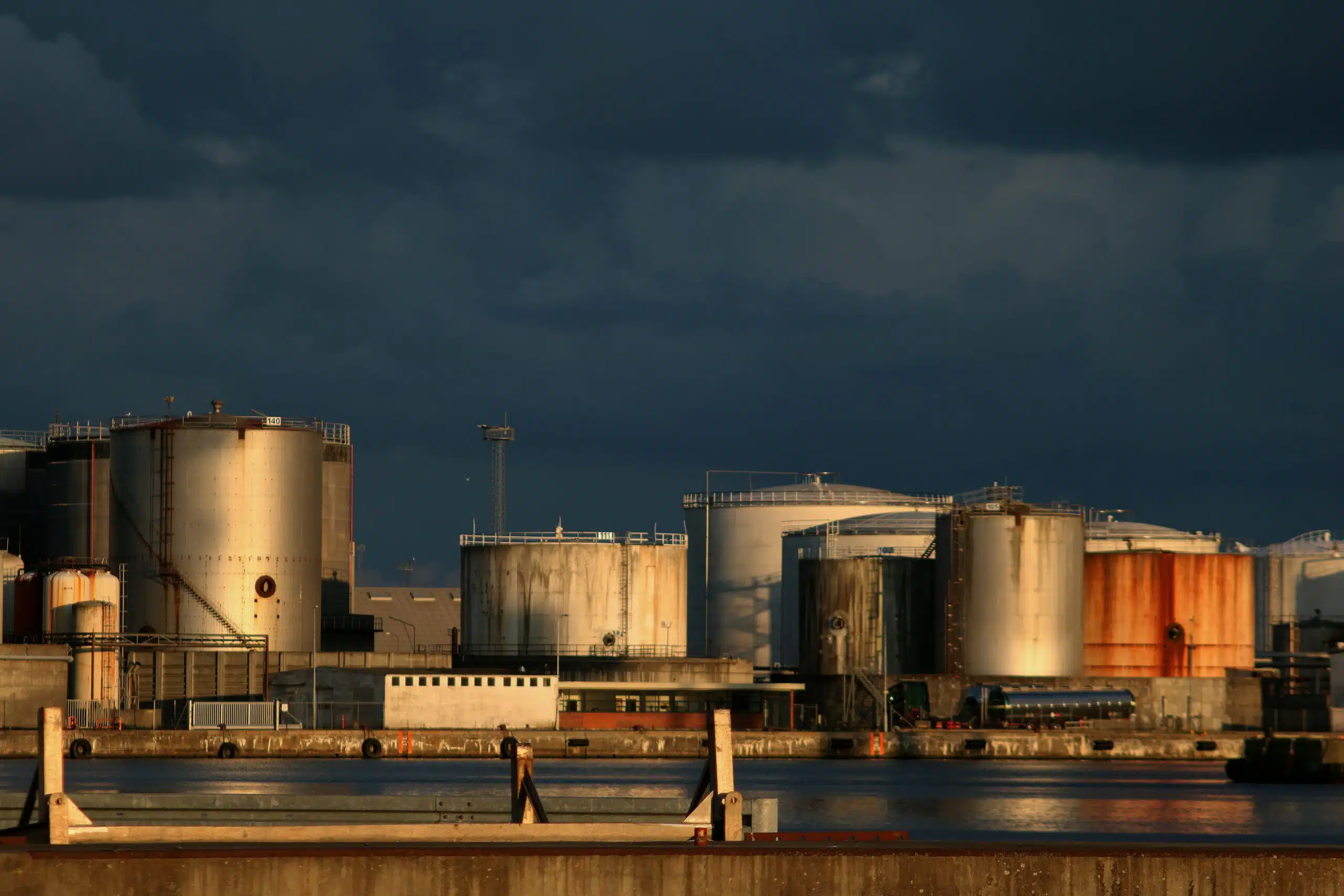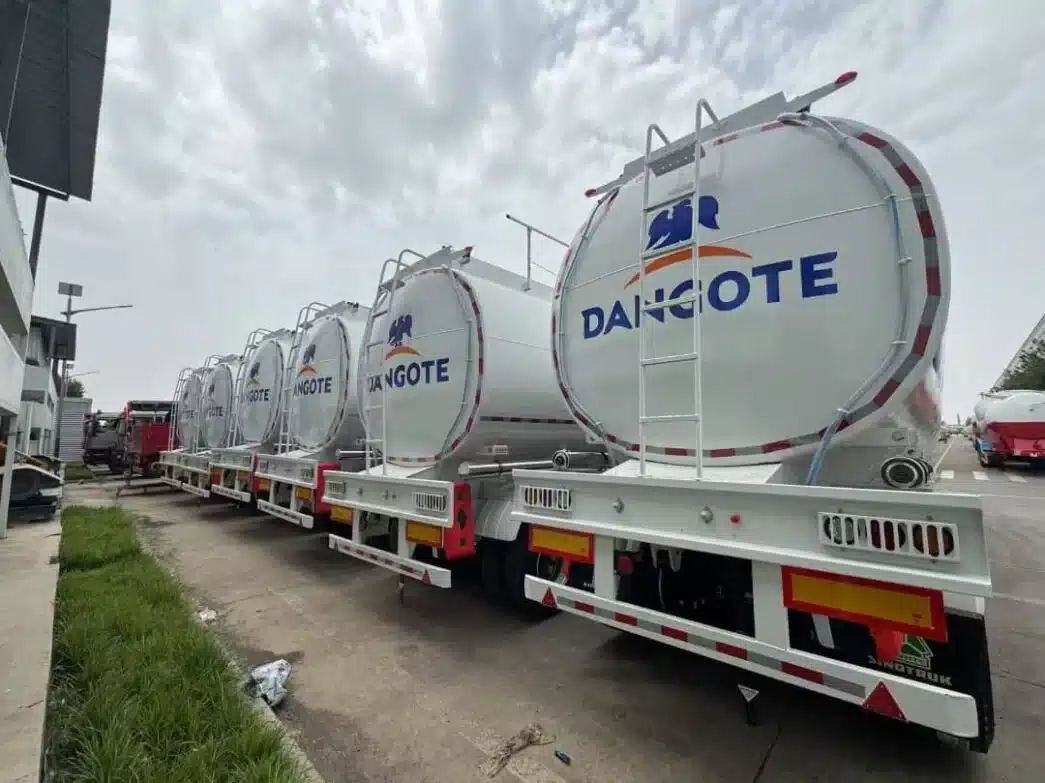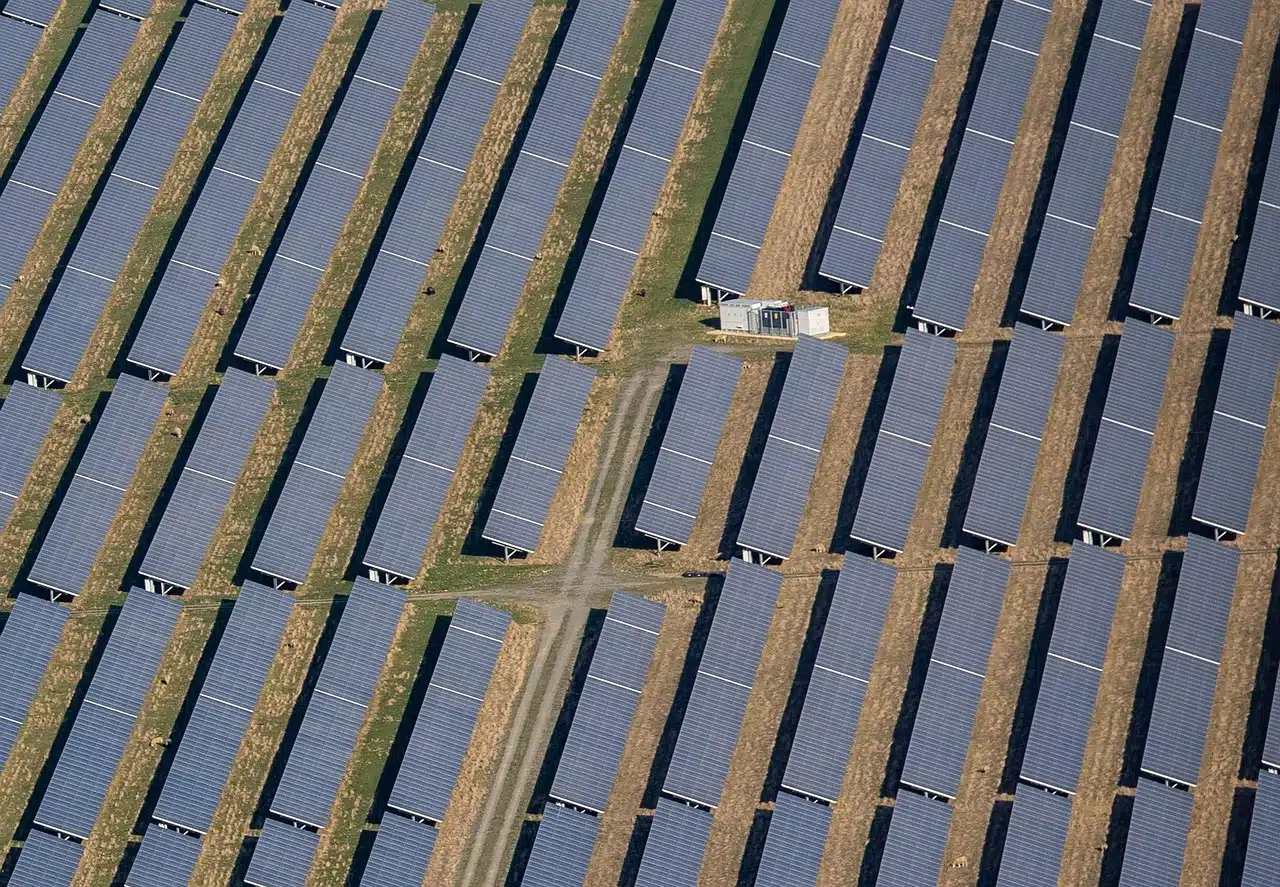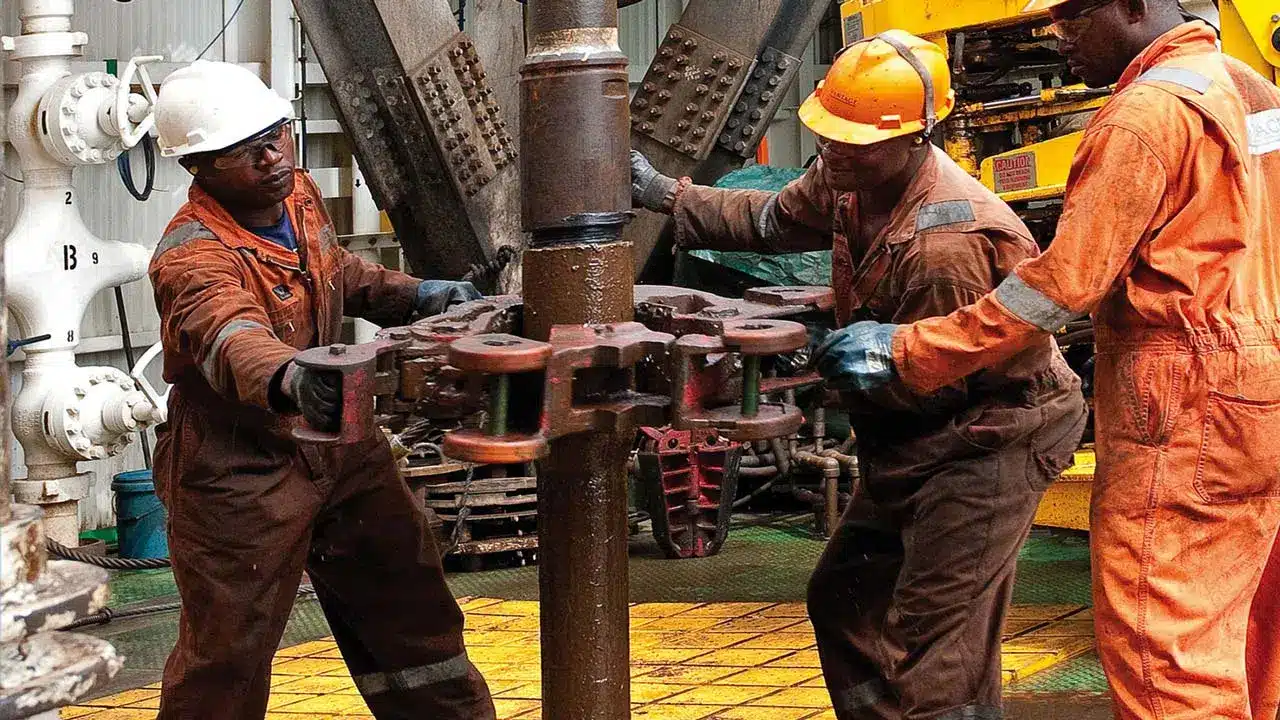The global energy landscape is no doubt asymmetrical, especially when comparing the Global South and the Global North.
Most conversations around energy often seem out of touch for oil-producing nations in Africa.
For the African continent, industrialization is still rare, and most of its revenue from crude oil comes directly from exporting raw resources, not refined products as seen in Europe and America.
Countries like Nigeria, Gabon, and Libya produce oil in large quantities, only to export it to Europe, America, and Asia, where it is refined and sent back as different products—often at much higher prices.
Africa produces no less than 7 million barrels of crude oil daily, but refines less than 40% of it. Over 50% of its oil production ends up in foreign markets in Europe, the United States, and Asia.
But the trajectory appears to be changing. Africa is stepping up efforts to refine its own crude. The continent’s refining capacity is growing faster than previously projected.
This development is driven by a renewed push to use local content to fuel growth and development.
Countries like Egypt, Zambia, and Nigeria are leading the trend. In Nigeria, for instance, the 650,000 bpd Dangote refinery has reportedly ramped up production to about 85%, increasing the demand for local crude.
In 2024 alone, Egypt made approximately $7 billion from refined products, about 2% to its national gross product (GDP).
Other countries such as Ghana, Namibia, and Zambia are also considering building their own refineries.
Zambia, for instance, recently declared plans to construct a $1 billion petrochemical plant aimed at reducing crude exports and boosting domestic supply.
Europe exiting refineries scene
On its part, Europe appears to be moving away from the refinery business. Around 70 petrochemical plants are expected to shut down across the continent within the next decade.
In 2025 alone, four refineries have closed in the United Kingdom, largely due to financial challenges and a lack of liquid markets.
Europe’s energy trend is shifting from high-carbon output to alternatives like renewables and electric vehicles—making traditional refineries increasingly obsolete.
Recently, the Lindsey refinery in the United Kingdom, owned by Prax Group, declared insolvency and shut down due to lack of buyers.
The refinery had a capacity of 113,000 barrels per day and employed 420 people.
European refiners are grappling with declining demand for road fuels as electrification and energy transition policies reshape the energy market.
This is fueling increased investment in biofuels and alternative fuels.
Those not shutting down entirely are converting into fuel import terminals.
A good example is Grangemouth, Scotland’s only refinery, which decided to convert to a terminal in April this year after losing nearly $200 million.
Grangemouth was Britain’s oldest oil refinery.
The same trend is playing out across the region, as the EU and local governments promote a low-carbon future with subsidies and incentives for electric vehicles, biofuels, and similar alternatives.
A different direction for Africa
By contrast, Africa’s energy conversation hasn’t caught up with the global transition narrative.
Entrepreneurs and deep-pocket investors on the continent still see refining as a pathway out of energy poverty.
In Nigeria, two among the continent’s wealthiest individuals—Aliko Dangote and Abdulsalam Rabiu—have both invested in refining.
The Dangote refinery, now a defining force in Africa’s oil and gas sector, processes about 40% of Nigeria’s crude, with projections to reach 100% within the next decade.
Its president, Aliko Dangote, has said he aims to refine all of Nigeria’s oil, leaving little or nothing for export.
“We believe the refined fuels market holds significant potential. Our ambition is to achieve double-digit economic growth,” the world’s richest Black man said at a recent oil and gas forum.
While this may seem ambitious, the refinery’s growing output could soon absorb all of Nigeria’s oil—and potentially crude from other African nations.
Globally, this shift means more European refineries may shut down as they lose their primary markets, Africa and the Middle East, to a growing refining capacity on the continent.
Two different energy visions
Africa’s increasing investment in refining signals a vision that diverges from the West.
The energy transition campaign, led by Europe and America, hasn’t found deep resonance in Africa, where energy poverty is still widespread.
Africa continues to struggle with industrialization.
Many countries on the continent still lack basic energy infrastructure, such as electricity and clean cooking.
Global initiatives pushing for Africa’s transition, often championed by institutions like the World Bank or the World Economic Forum, frequently overlook the continent’s unique pace and priorities.
For example, the World Bank historically refused to support any fossil-based energy projects in Africa, even natural gas, which emits far less than crude oil.
Only recently did it lift its ban on financing nuclear energy—another clean option that could help solve Africa’s electricity gap.
As Benjamin Ajayi, a senior commercial analyst at Nigeria’s oil company, puts it:
“We see a lot of electric vehicles growing in Europe and also in America. But in Africa, we still need a lot of these things to meet our daily needs for operational purposes and all that. So, I would say yes—for Africa regionally—we still need to develop refineries.”
And Africa is doing just that.
What the future looks like
Africa and Europe are clearly headed in opposite directions on refining.
While Europe phases out refineries in favor of cleaner alternatives, Africa is building new ones to fuel development.
This divergence reflects each region’s energy needs and economic realities.
Africa’s growing refining capacity may soon redefine global trade flows and diminish Europe’s traditional stronghold.
In the end, the future of oil refining may well lie in the Global South.










